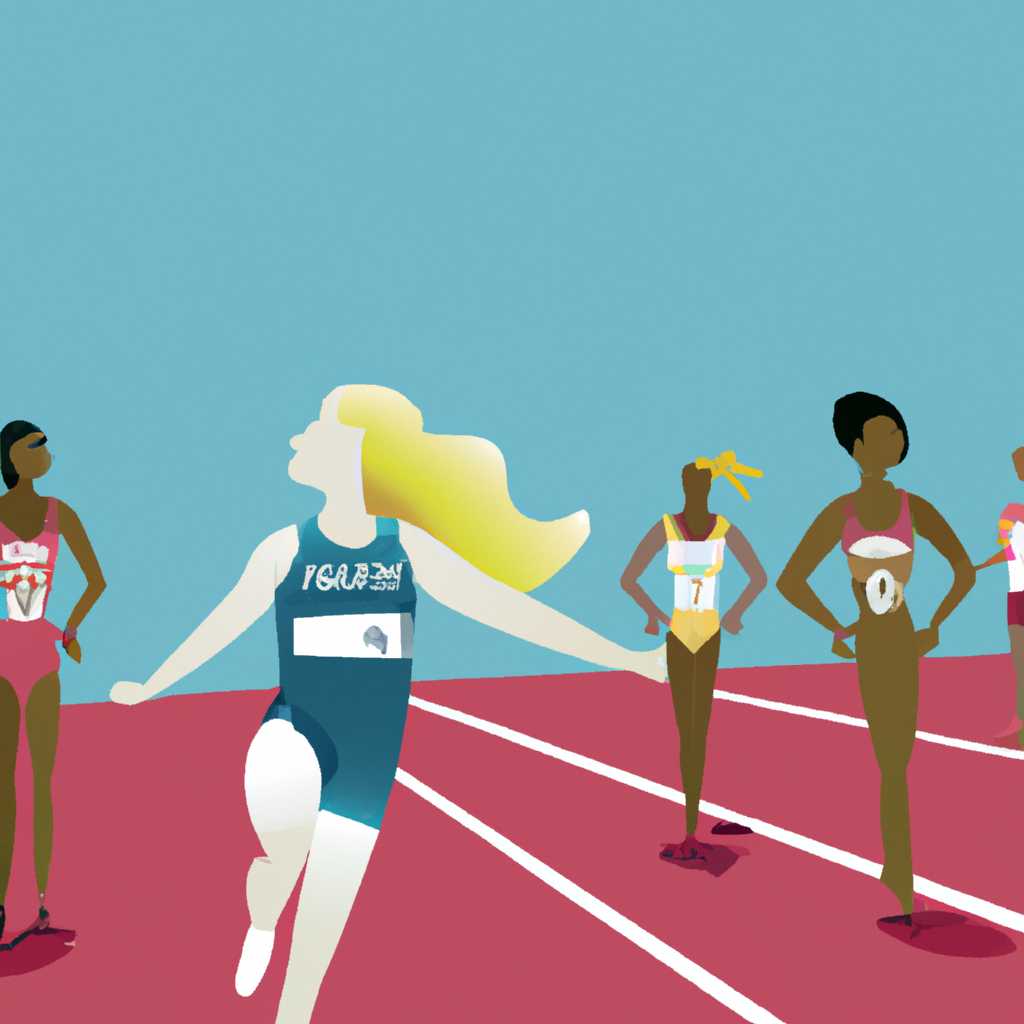World Athletics, the international governing body of athletics, recently announced a ban on female transgender athletes who have gone through male puberty from competing in female world rankings competitions. The decision was made after two months of deliberation with the member organizations, athlete organizations and other stakeholders, and is set to take effect at the end of the month. World Athletics President Sebastian Coe said that the organization believes that "the integrity of the female category in athletics is paramount" and that the group will review its position and consider the conflicting needs and rights of different groups. To further this review, a working group will be formed, which will include a transgender athlete and representatives from both World Athletics and a Players Organization. The group’s remit will be specifically to consult with transgender athletes to seek their views on competing in athletics.
In addition to this ban, World Athletics has also voted to cut in half the testosterone levels allowed for athletes with differences in sex development in female events, potentially affecting athletes such as South Africa's Caster Semenya, a two-time Olympic 800-meter champion believed to be in an intersex condition. This ruling follows similar policies adopted by other sports, such as swimming, which bar male-to-female athletes who have gone through male puberty.
The World Athletics Council has also voted to lift its seven-year Doping Ban of Russia's track and field federation, although Russian and Belarusian athletes remain suspended due to the country's involvement in the Ukraine War. Despite the controversial nature of the decisions, World Athletics seeks to ensure fairness for female athletes and to maintain the integrity of the female category in athletics.

